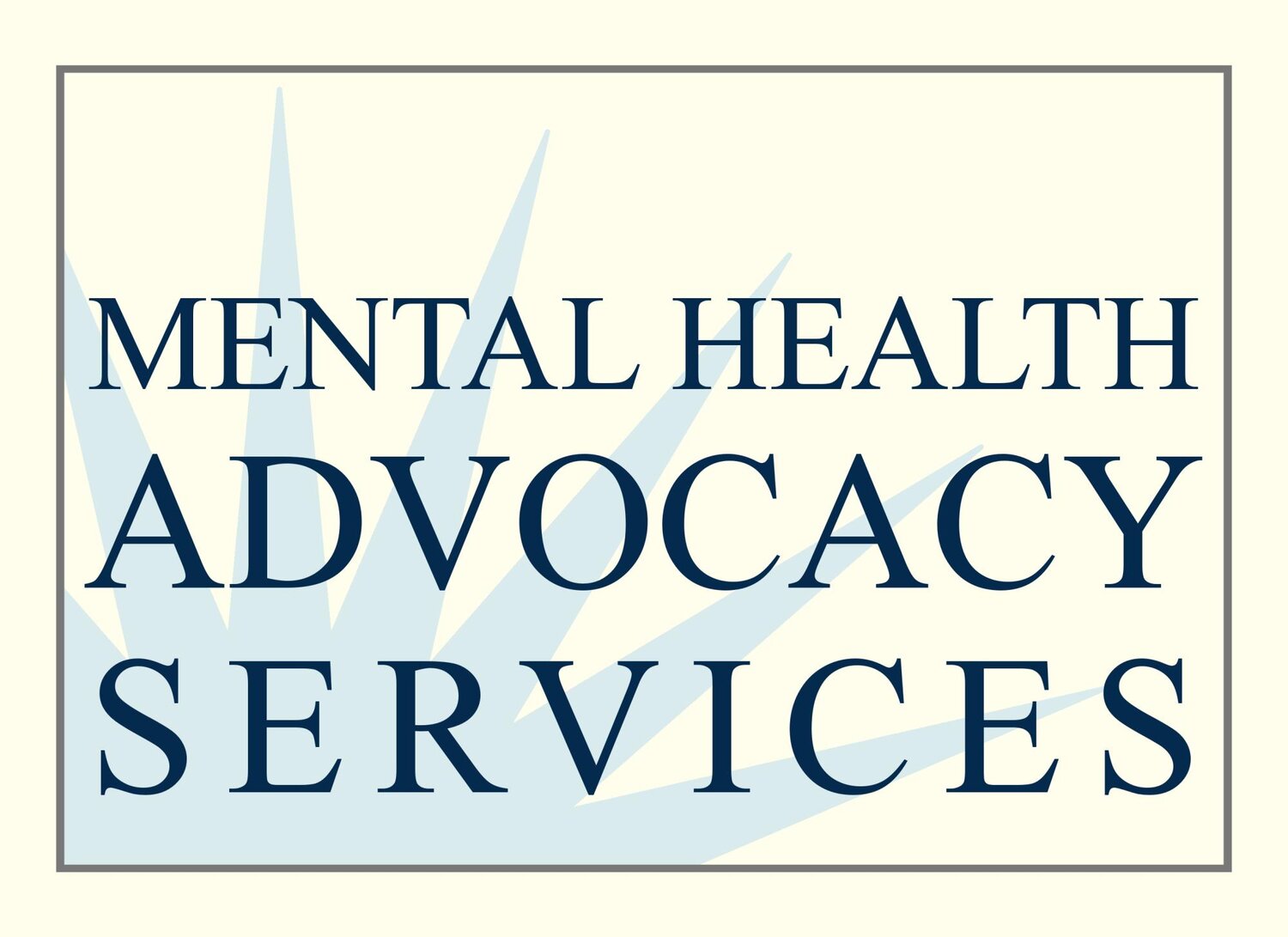Studies on Poverty and Children’s Mental Health
by Eliza SchaflerEliza Schafler is an MHAS Equal Justice Works Fellow sponsored by Greenberg Traurig, LLP.
We at MHAS have created our Behavioral Health-Legal Partnership (BeHeLP) for one reason: to promote children’s mental health. To us, and to the clinicians at Hathaway-Sycamores Child and Family Services, it’s obvious that legal assistance can reduce stress for caregivers, improve quality of life for low-income families, and help children to focus on emotional and behavioral progress. We will soon implement a data collection system to prove it.In the meantime, it is nice to know that scientists are already finding results with positive implications for our work. A number of studies now suggest that early interventions that raise income and reduce trauma for families can actually improve children’s mental health into adulthood.One series of studies at Duke University Medical School show that, for poor Cherokee children in North Carolina, an increase in household income “dramatically” reduced the frequency of children’s psychiatric problems. It also correlates with reduced juvenile crimes and improved high school graduation rates. Another study at the University of North Carolina at Chapel Hill has shown that maternal stress correlates with a reduced ability to provide parental support and reduced childhood cognitive functioning.A third study at Washington University School of Medicine in St. Louis has shown that stressful events in childhood remain evident in the brains of adolescents, and they correlate with emotional problems. This study is reminiscent of prior research on the negative effects of adverse childhood experiences on children as they grow up.Of course, the full significance of these studies is still subject to debate. Yet the research reveals what the New York Times calls an ” an emerging theme”: that poverty “warp[s] and erod[es] the bonds between children and caregivers that are important for healthy development.”Read the full article here.
